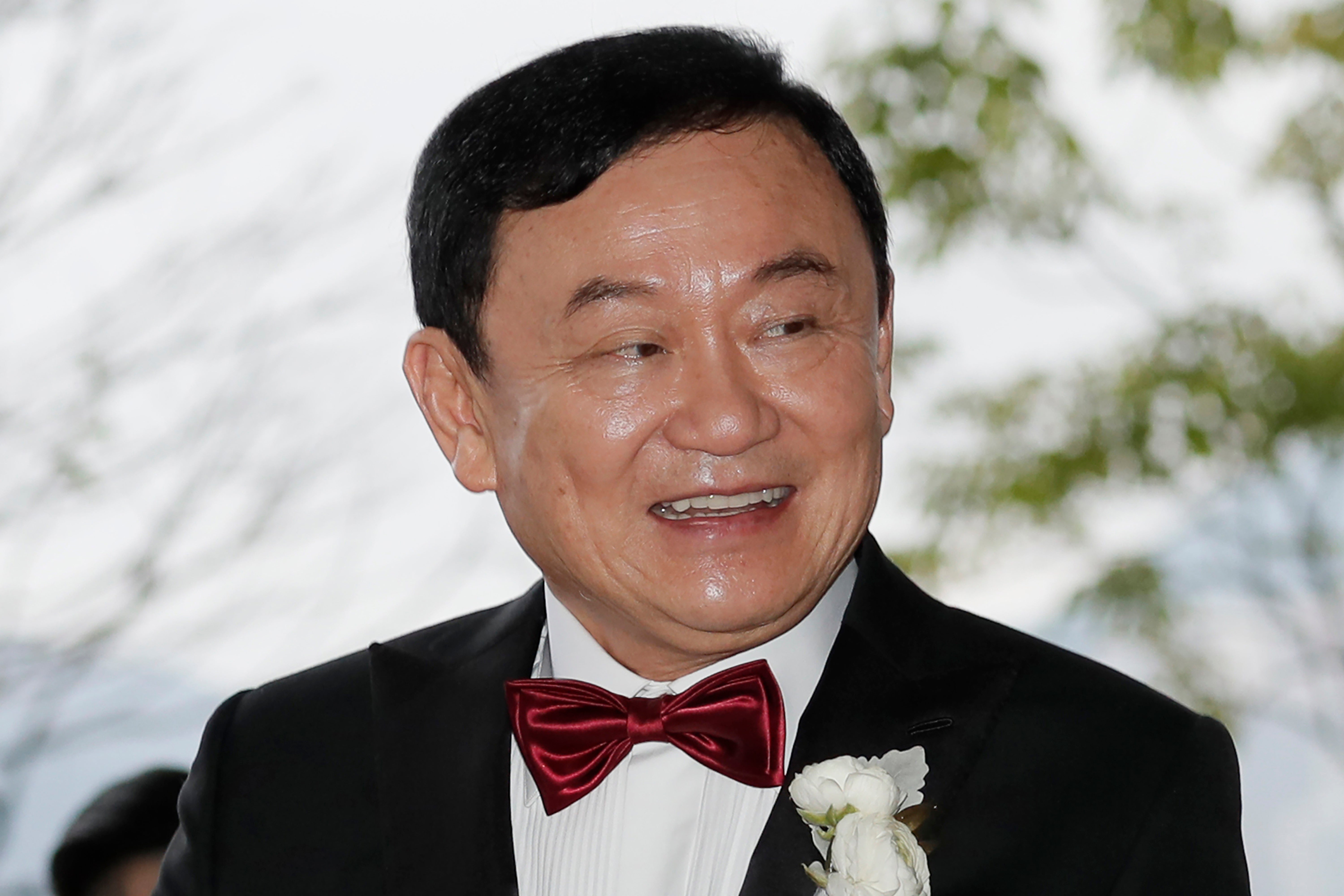Former Thai prime minister delays return from self-exile amid political deadlock
Thaksin Shinawatra delayed his return, originally planned for 10 August, by ‘a couple of weeks’

Thai ex-prime minister Thaksin Shinawatra announced the delay of his return from self-imposed exile as Thailand struggles to resolve a political impasse resulting from the victory of anti-military parties in the May general election.
Mr Thaksin, once a telecommunications magnate who assumed office as prime minister in 2001 before being deposed by the military in 2006, continues to cast a long shadow over Thailand’s political landscape.
Despite residing in self-imposed exile since 2008 to evade “politically-motivated” corruption convictions after his government’s removal in a 2006 coup, his influence remains substantial, local reports said.
On Saturday, Mr Thaksin said in a post on X — formerly known as Twitter — that he needed a medical checkup and would delay his return, originally planned for 10 August by “a couple of weeks”.
In the May election, Mr Thaksin’s supported Pheu Thai Party secured the second position, trailing behind the progressive Move Forward Party.
Despite the efforts of the two parties that emerged victorious in the election to forge a government in collaboration with six like-minded allies, their progress has been impeded by the Senate. The Senate is under the influence of military appointees and conservative opponents.
Earlier this week, Pheu Thai assumed the initiative in attempting to establish a government independently of Move Forward. The latter party’s endeavours to create a government were met with unrelenting resistance from pro-military conservatives who were against its reform-focused agenda.
Local reports said that the constitution, formulated under military rule, mandates a collaborative session involving the elected lower house and the appointed Senate to cast their votes for a prime minister.
On two occasions, Move Forward attempted to secure the endorsement of party leader Pita Limjaroenrat as the prime minister through both houses of parliament. However, despite winning the largest number of seats in the election, these efforts were thwarted.
Subscribe to Independent Premium to bookmark this article
Want to bookmark your favourite articles and stories to read or reference later? Start your Independent Premium subscription today.

Join our commenting forum
Join thought-provoking conversations, follow other Independent readers and see their replies